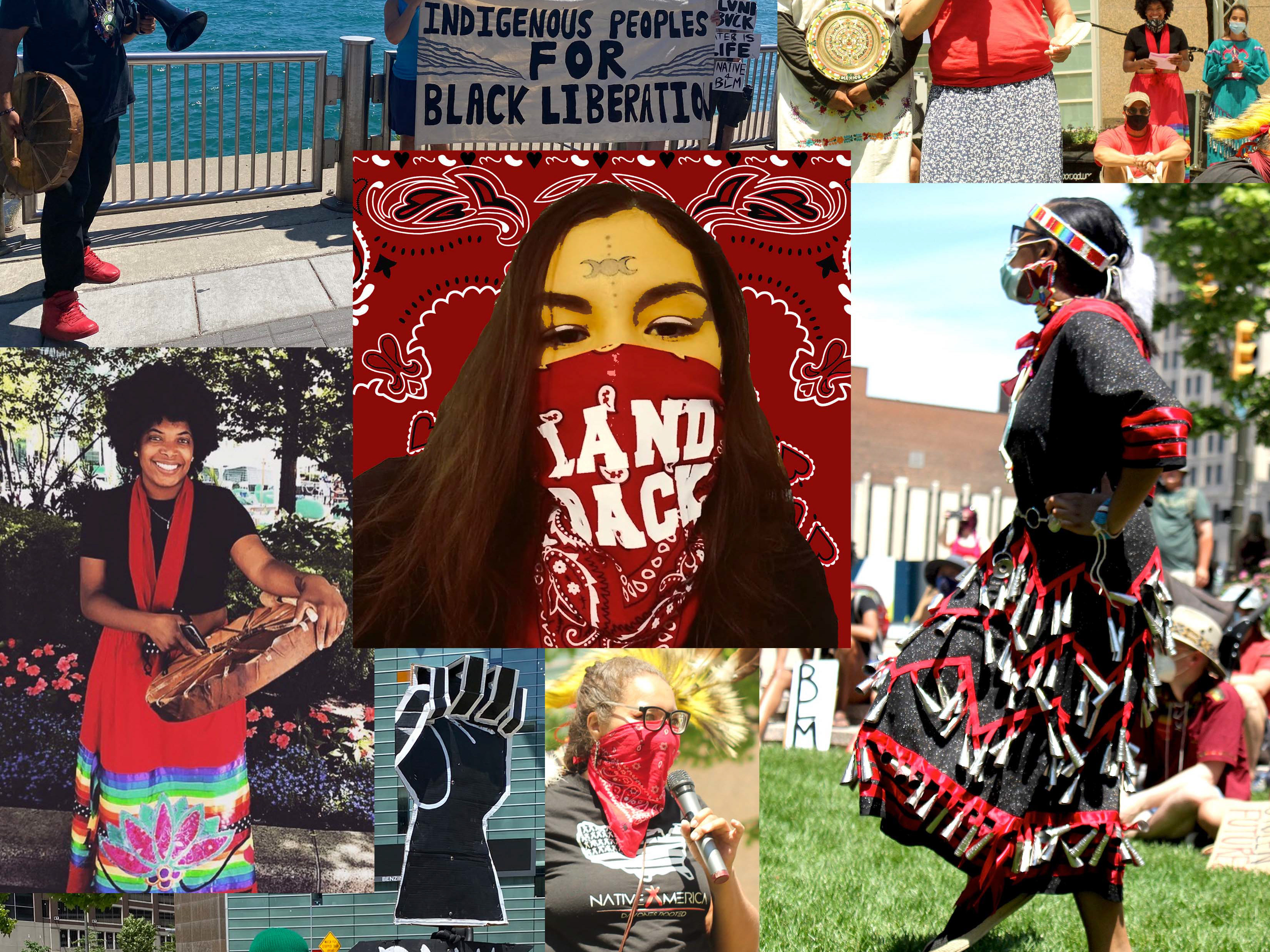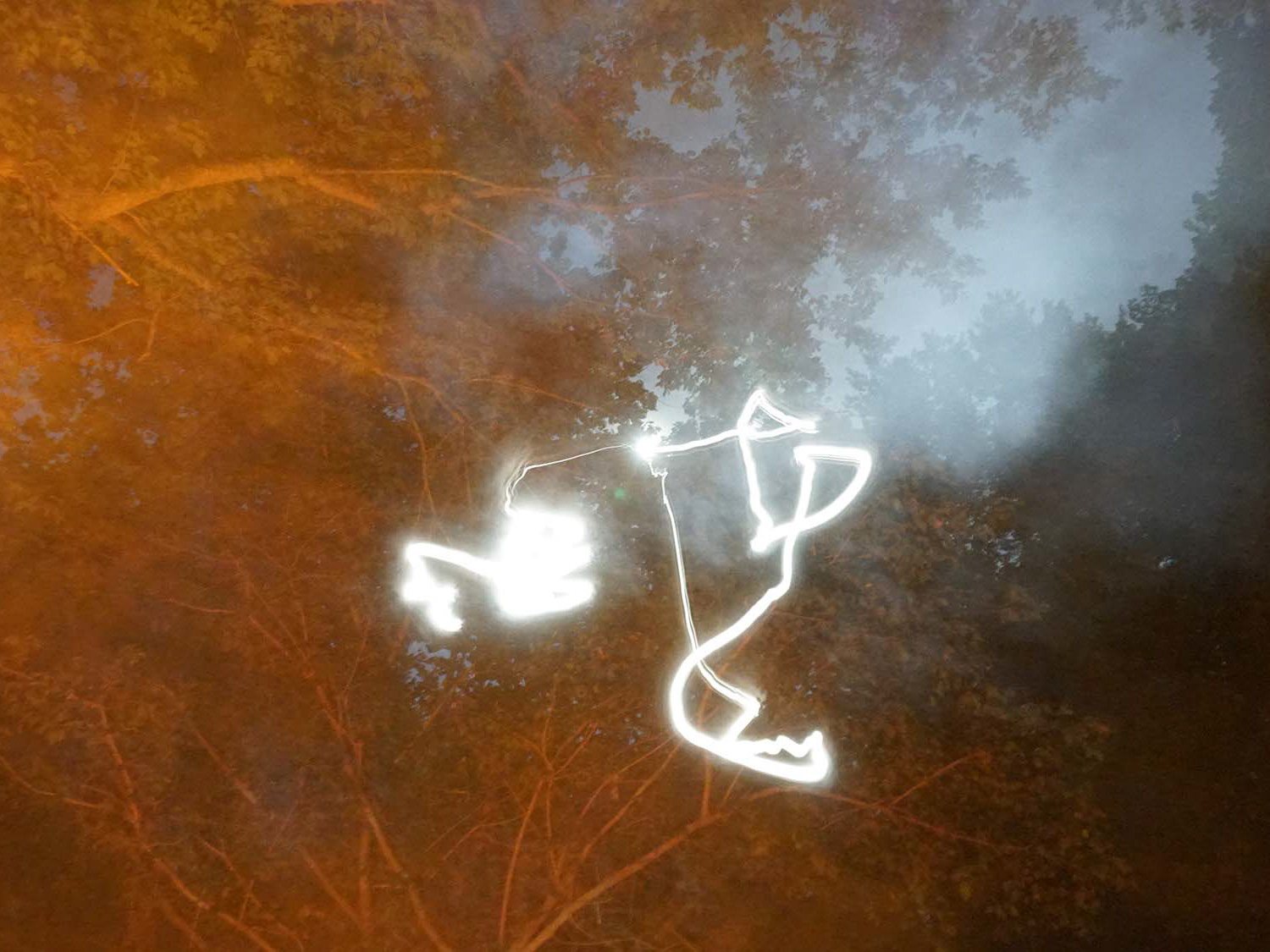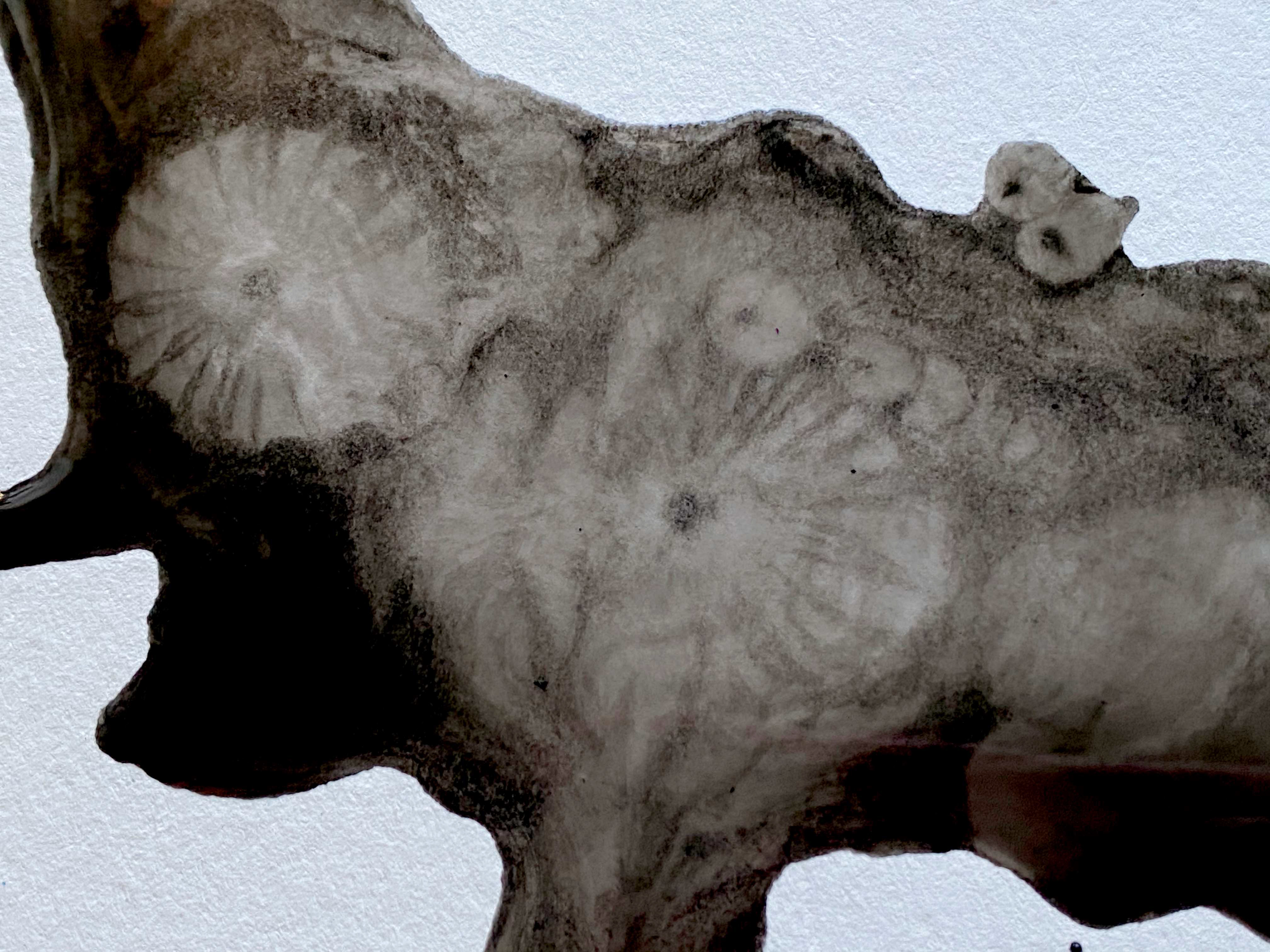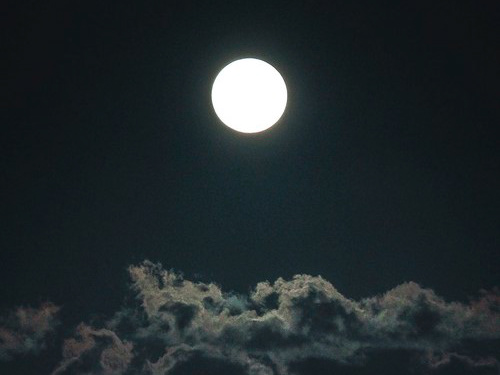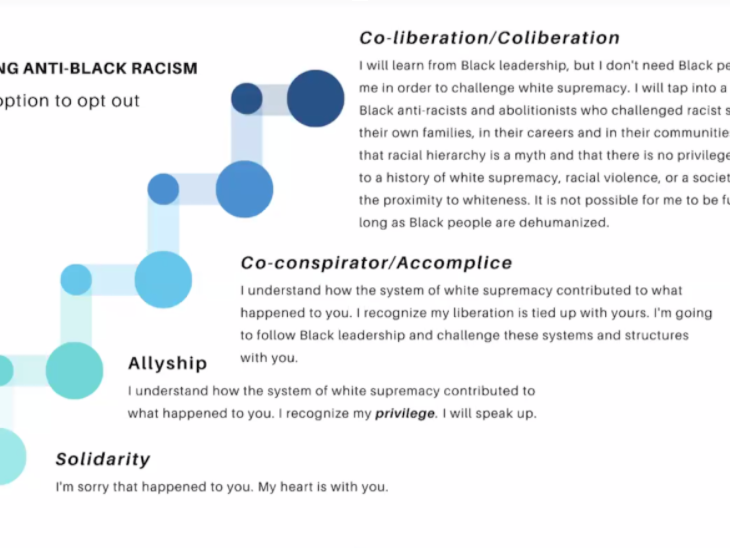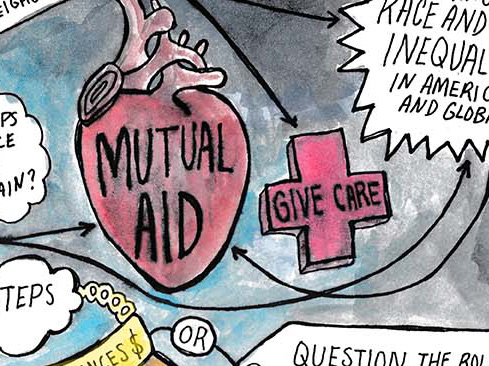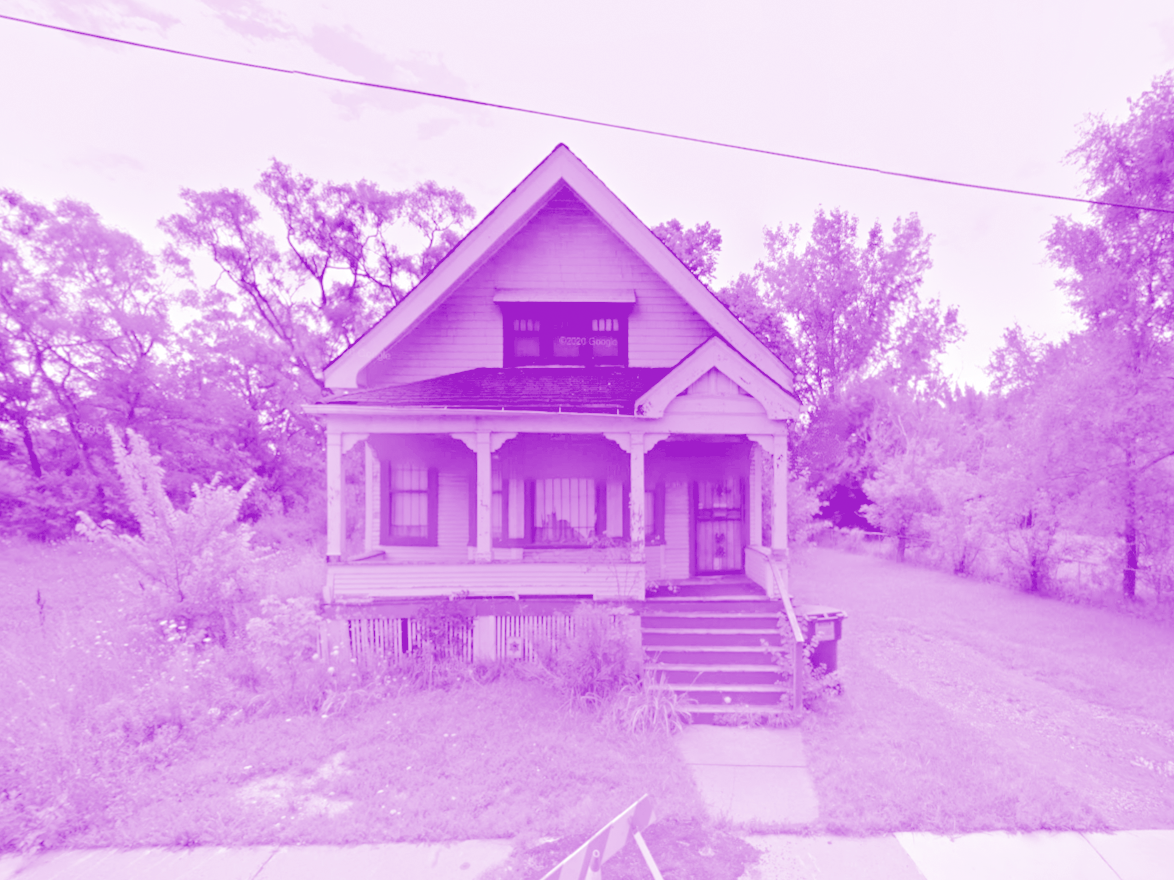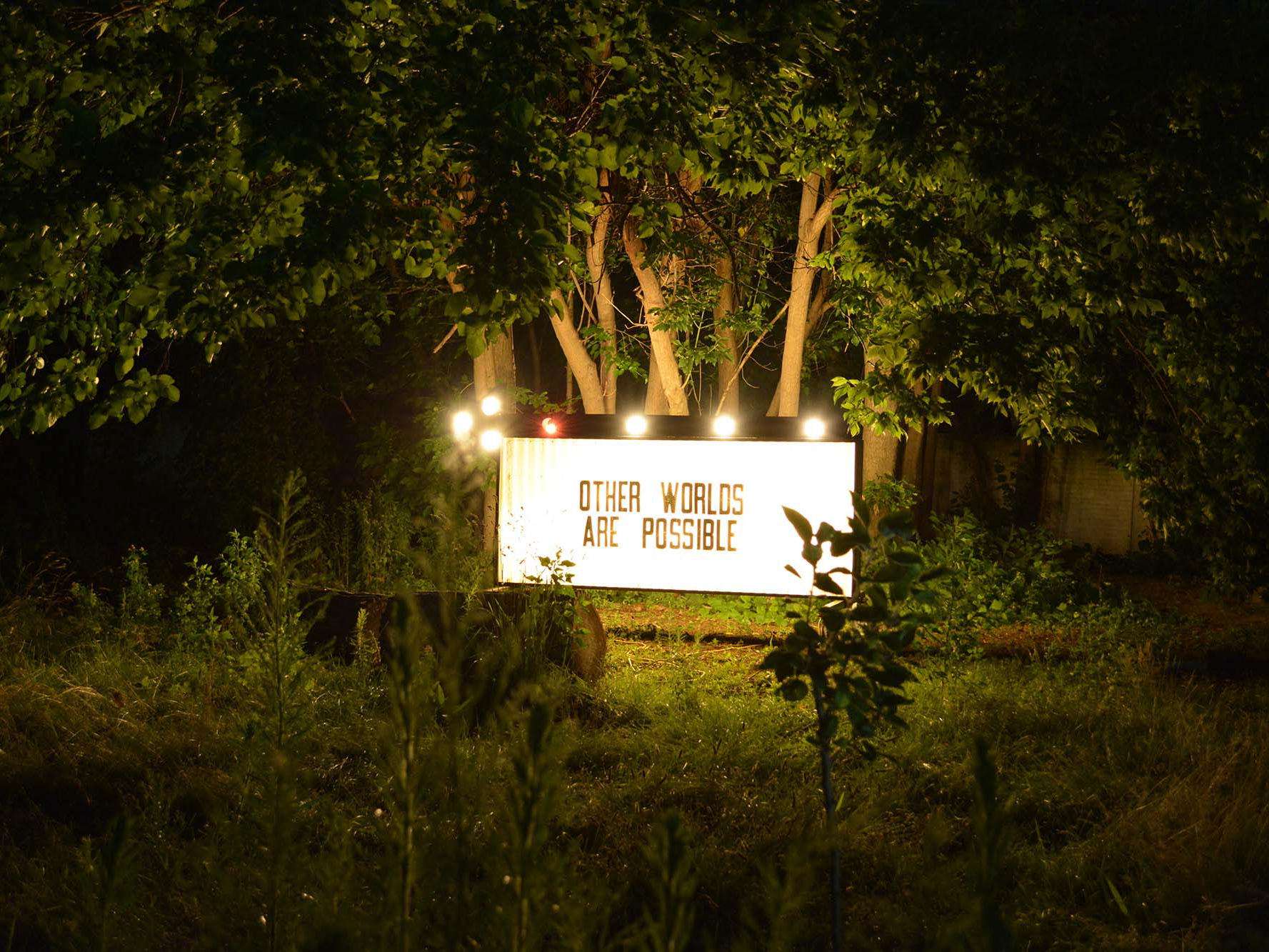The Focus on Looting Shows How Our Systems of Power Value Capital Over Human Lives
Rather than indicting the racist police murder of George Floyd and other black Americans, our leaders are up in arms over protests and property destruction. That’s the twisted logic of U.S. capitalism.
As it is with any season of protest, nothing brings out the murderous authoritarianism in the ruling class quite like the sight of disobedience by ordinary Black people. It comes if you rally by the thousands to deem their authority illegitimate. If you call for an end to a hailstorm of brutality. Or bring chaos upon property in the shadow of yet another destroyed Black life.
Since the public murder of George Floyd by Minneapolis police, protests have swept cities across the country. Hundreds of thousands have risen to demand justice for Floyd, and to voice their exhaustion with a system of punishment that tyrannizes poor communities of color. Predictably, the outrage has turned combustible, and property has not been spared in the unrest’s many explosions. Shelves licked clean at Target and Sephora. An AutoZone set ablaze while its spokesperson trembles with horror at the “disturbing and tragic events.” By this, he apparently means a few charred buildings, but not the man whose neck was crushed by an agent of the state. Eventually, Minneapolis’s third police precinct was evacuated before protesters lit the building and the night sky up in flames.
In response, certain corners of the media and political ecosystem have been in complete meltdown. None more so than the White House, with President Trump sending a deranged tweet, warning the “THUGS” of Minneapolis that “When the looting starts, the shooting starts.” The “THUGS” here are those who strip food and televisions from the shelves of lifeless stores, but not a police department with a record of horrific cruelty against actual living humans, or the prosecutors, like now Sen. Amy Klobuchar, who looked the other way. We should be clear about what Trump is promising here: That an extrajudicial death sentence is a fitting punishment for petty theft. That property is so sacred that people ought to be gunned down for it in what is, quite plainly, a call for public lynchings.
But Trump’s words also shine useful daylight on the depraved tendencies of the nation's ruling class, who place human life in the same category as inanimate objects.
The principal stretches back to America's anti-democratic founding. Popular control, James Madison famously wrote, must be stopped in order “to protect the minority of the opulent against the majority.” The government’s job was to act as a guardian to protect such a plainly unfair distribution of wealth, property, and power, because those who “labour under all the hardships of life” would “secretly sigh for a more equal distribution of its blessings.” That principle would come to life in the mid-19th century when, as historian Sam Mitrani has written, modern policing was “created by the ruling class to control working-class and poor people, not help them.” In the South, the slave empire had its patrols. And in the North, the titans of wage-labor capitalism recruited police to discipline an unruly working-class, who were indeed organizing “for a more equal distribution” of the nation’s “blessings.”
“Their basic job,” Mitrani writes, is “to enforce order among those with the most reason to resent the system.” In other words, the poor and working-class Black people who are being hammered by multiple crises all at once.
On one side is a rampaging pandemic, with nearly 23,000 Black Americans dead from Covid-19. As scholar Keeanga-Yamahtta Taylor writes, “coronavirus has scythed its way through Black communities, highlighting and accelerating the ingrained social inequities that have made African-Americans the most vulnerable to the disease.” On the other side is the relentless and devastating force of racism and racial hierarchy itself, which undergirds every major political, economic and social institution in the country. Our (often for-profit) punishment system and the police who serve as its shock troops are only the most dramatic example. Desperate for better and safer lives, and with the nation’s political leaders flailing around hopelessly, people have been driven into the streets, and thus right into the buzzsaw of the pandemic.
In the devastating collision of these crises, the priorities of the ruling class have come into sharp focus. White House economics adviser Kevin Hassett tells CNN that “Our human capital stock is ready to get back to work,” a clear window into elite opinion on the lives of working people, who are transformed into raw economic material themselves, whose lives can be sacrificed at the temple of profit. George Floyd was arrested and killed for alleged forgery, a crime of poverty punishable by death. Destroyed like faulty machinery. Capitalism, and its many enforcement arms, can obliterate you if you are found in violation of the service of profit.
In Michigan, white protesters stormed the capital last month, some armed to the teeth, demanding a “reopening” of the economy. They asked for nothing but a return to their status quo and faced no challenge from police, whose entire motive is upholding that status quo. In the more recent unrest, peaceful protesters have been calling for radical changes in the American fabric, and have been met by waves of unprovoked police violence. That the first type of protest would be met by soft acceptance, and the second by brutal suppression reveals a nation desperate, as author and poet Hanif Abdurraqib writes, to “return to normal—howling with grief, soaked in blood.”
Dr. Martin Luther King Jr. summed up the moral horror of America’s “normal” in his 1967 “Beyond Vietnam” speech, when he condemned our “thing-oriented society” where “machines and computers, profit motives and property rights, are considered more important than people.” This quote is often shared as if it were an abstract or squishy moral assessment about the shallowness of American culture. But it’s actually a serious examination of the country’s basic economic priorities, in which people and things that are not living at all share the same social footing. King did not mince words: this line of thinking had to be overthrown in order to “conquer” the “giant triplets of racism, extreme materialism, and militarism.” The reaction to today’s uprisings only confirms that it still needs to be vanquished.
Protesters have not lost legitimacy because they lack grace or decorum or break with the social contract. Rather, they have gained their footing by pointing to the cruel underpinnings of our current political order. When Minneapolis police officer Derek Chauvin dug his knee into George Floyd’s neck, he did so with the power to use lethal force in the state’s name. In this instance, it was to discipline a member of the most despised group in the nation’s history. A group with countless justifiable grievances against the United States—and the cruel priorities of American capitalism.

